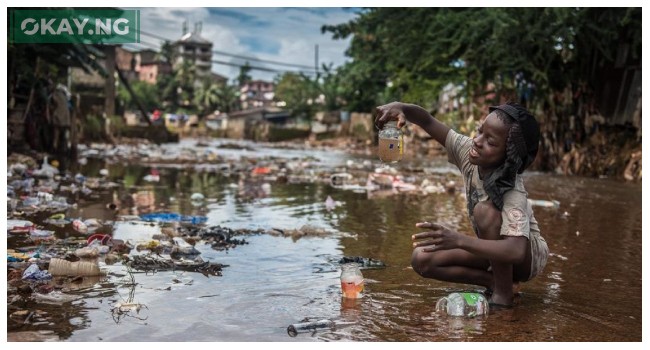Cholera, a highly contagious bacterial infection, has recently seen an outbreak in Nigeria, particularly in Lagos State. With the rainy season progressing, the risk of spread increases, making it crucial for residents to be vigilant and adopt precautionary measures. Here’s what you need to know and do:
Contents
Understanding Cholera
- What is Cholera?: Cholera is caused by ingesting food or water contaminated with the bacterium Vibrio cholerae.
- Symptoms: Rapid loss of body fluids leading to dehydration and shock. Without treatment, death can occur within hours.
Current Situation in Nigeria
- Recent Reports: As of June 2024, there have been over 1,141 suspected cases and 30 deaths due to cholera in Nigeria.
- Affected Areas: The outbreak has been reported in 96 LGAs across 30 states, with Lagos experiencing significant impact.
Preventive Measures
- Water Safety: Ensure your drinking water is boiled or treated before consumption.
- Food Hygiene: Wash fruits and vegetables thoroughly and ensure meals are well-cooked.
- Sanitation: Use proper toilets and avoid open defecation to prevent water source contamination.
- Hand Hygiene: Regularly wash your hands with soap and safe water, especially before eating or preparing food, and after using the toilet.
What to Do If You Suspect Cholera
- Seek Immediate Medical Attention: Cholera can be fatal if not treated promptly.
- Rehydration: Use oral rehydration salts (ORS) to maintain fluid levels.
- Antibiotics: In severe cases, antibiotics may be prescribed by a healthcare professional.
Government and Community Actions
- NCDC’s Role: The Nigeria Centre for Disease Control and Prevention (NCDC) is leading efforts to control the outbreak, with support from various national and international organizations.
- Public Advisory: The NCDC has issued advisories urging Nigerians to be aware of the increasing trend of cholera cases.













